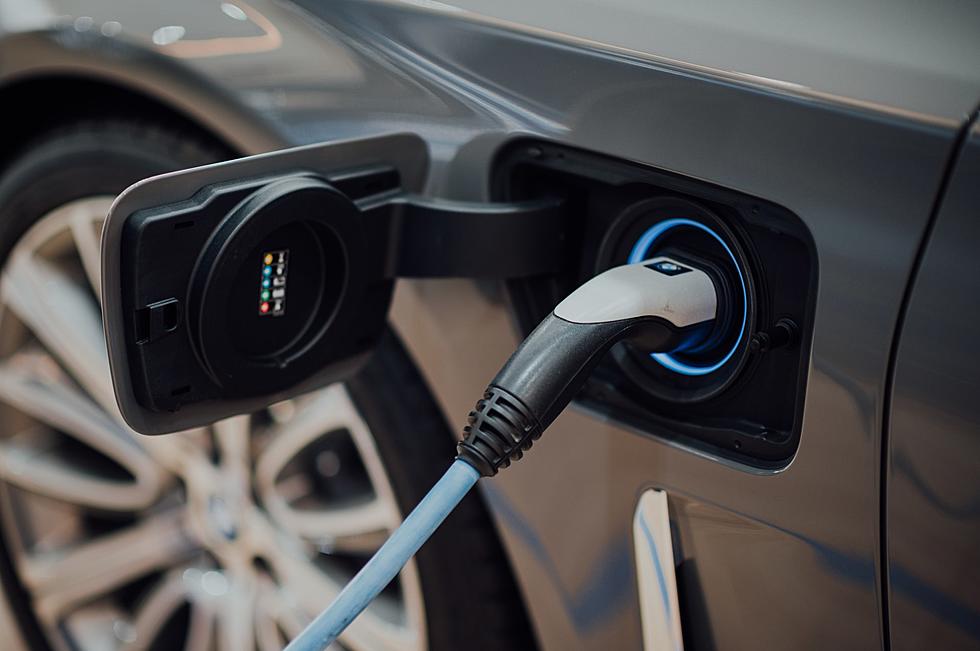
Say What? Study Says Walking to Work Is Bad for the Environment
In the age of COVID-19, all of us have had to re-examine the way we do all sorts of things in our day-to-day routine because things that were once second-nature have now become problematic on a number of different levels.
And while that transition has been, at times, difficult, we've found ways to adapt knowing it was for the greater good.
One of the greatest unintended consequences to come from sheltering at home and social distancing has been the benefit to the global environment. We've all seen the photos from Italy of crystal clear water running through the canals of Venice and we've seen the reports of several large industrial areas with beautiful blue skies, all thanks to huge reductions in pollution, with fewer tourists and fewer people venturing out to work over the past three months.
So it would only make perfect sense that if you were looking for a way to help the environment in your own small way, walking to places where you once drove would be a great place to start.
For some of us lucky enough to live close to their workplace, walking to the office would seem like a no-brainer for those looking to lessen their impact on the environment.
Well, think again.
The Daily Mail says a new research study from Otago University in New Zealand and Oxford University in England has determined that you'd have less of an impact on the health of the planet by using a rideshare service rather than going it on foot.
How is that possible you ask? See if you can follow this 'logic'.
The scientists claim that because your body burns more energy walking than it does riding in the car, you'll need to eat more to replenish the calories you use up with all of that physical activity.
They estimate that the amount of food you would need to eat to compensate for walking for one kilometer (.62 miles) would have generated around 0.26kg of carbon dioxide compared with 0.21kg of CO2 for the petrol used by a car.
They take it a step further, pointing out that food is a major source of greenhouse gas emissions, and growing food requires a lot of energy to be used, for fertilizer, transport, and packaging.
Now before you get the impression that perhaps this 'study' was funded by the big oil companies, the researchers did say if you want to ride your bike to work that's OK because cycling is more energy-efficient than walking.
I suppose their heads might explode if your office is on top of a hill though.
Jeff's Album Challenge (Part I)
Jeff's Album Challenge (Part II):
More From KXRB









